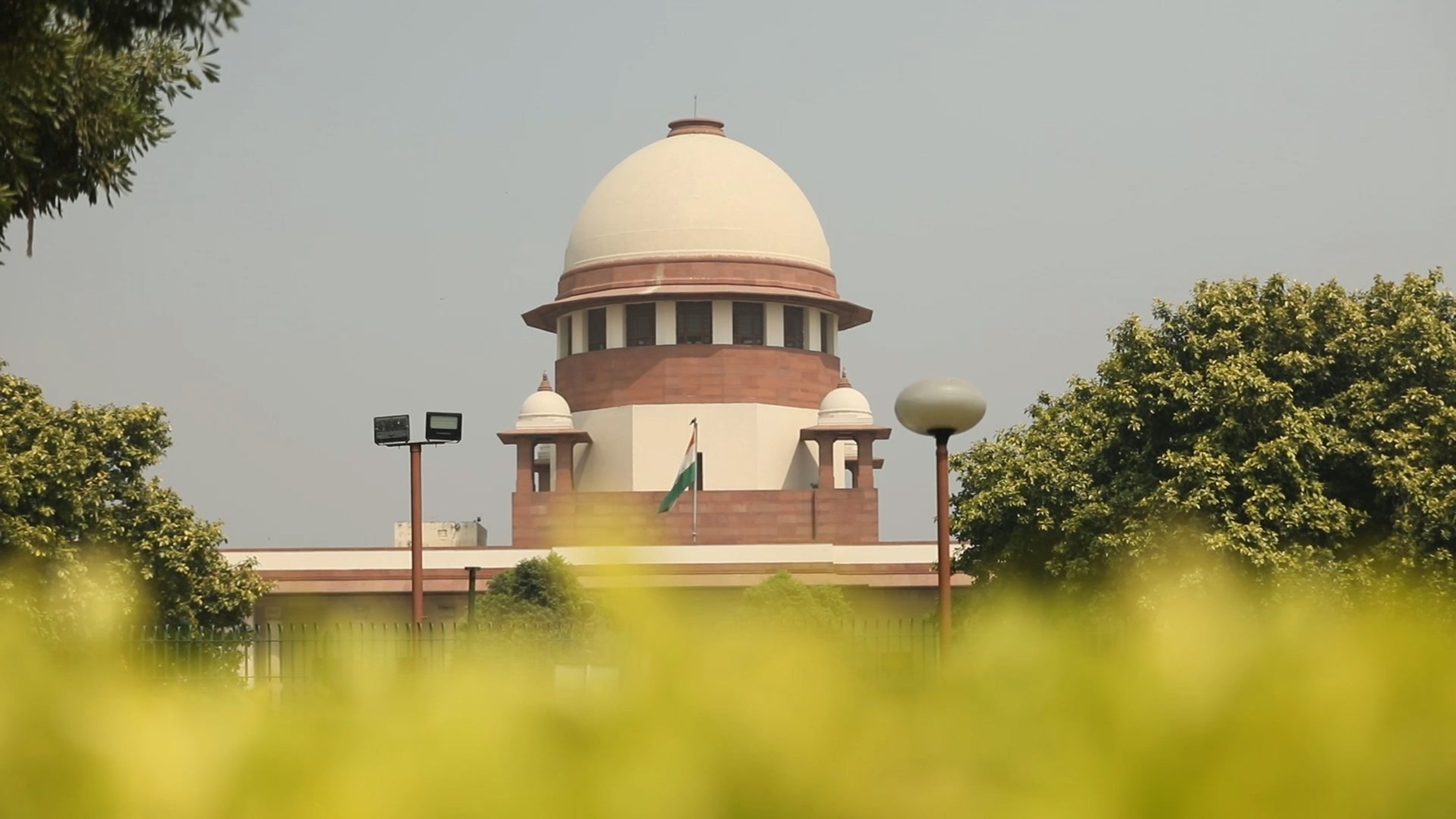NEW DELHI, Jan 9: The Supreme Court on Monday asked the Ministry of Home Affairs to clarify whether the concurrence of an IPS officer on central deputation is necessary before he is appointed as the DGP of a state. A bench of Chief Justice DY Chandrachud and Justice PS Narasimha asked the MHA to file its response within one week, saying if concurrence is required, the relevant rules should be specified. ”The MHA shall file an affidavit within one week indicating whether the concurrence of an officer is necessary for appointment as DGP even when he is on central deputation,” the bench said.
The top court was hearing a plea seeking enforcement of its earlier directions on appointment of the Nagaland DGP as T J Longkumer, a 1991 batch IPS officer, who resigned from the post earlier this month, allegedly did not fulfil the criteria laid down by the apex court in Prakash Singh’s case.
The petition was filed by ‘Nagaland Law Students Federation’ seeking a direction to recall the order granting extension to Longkumer after his superannuation. The bench also asked the Union home ministry to place on record the communication by which it has concurred with the Union Public Service Commission (UPSC) communication dated December 15 last year to relax the experience criteria for appointment as Nagaland DGP from 30 years to 25 years. It also asked the UPSC to file an affidavit indicating steps taken with regard to the December 15 communication. The bench was informed during the hearing that the UPSC has on December 15, 2022 forwarded a communication by which just a solitary name was recommended for the post of the DGP.
The bench noted that 1992 batch IPS officer Rupin Sharma was given the charge of the DGP and the name of 1991 batch IPS officer Sunil Achaya, a Nagaland cadre IPS officer who is on central deputation, could not be forwarded after he expressed his unwillingness to join the state cadre. The top court noted the submission of the counsel for Nagaland that the consent of officers is taken for overseas deployment but not for posting in the state cadre.
The Counsel for the UPSC said on December 15, 2022 it had sent a proposal to the MHA saying that for sending a panel of three names for appointment as the DGP the experience criteria needed to be relaxed from 30 to 25 years in Himachal Pradesh, Uttarakhand, Sikkim, Tripura and Nagaland due to the paucity of officers with experience of 30 years in service. He said the MHA’s concurrence was also received. The bench said if the Union government thinks that Sunil Achaya’s services are required under central deputation in national interest, it will not come in the way. However, if the officer has expressed unwillingness to join the state cadre, it will have to look at the relevant rules and know the stand of the government.
On December 9, the top court had directed the Nagaland government, the MHA and the UPSC to finalise the process of appointment of the state’s DGP on or before December 19, saying it will otherwise be “constrained to take recourse to the coercive arm of law” to ensure compliance.
Taking a serious view of the non-conclusion of the process of appointing the state police chief, the top court had refused to grant 60 days, as sought by the UPSC, for completing it.
In July, 2018, the top court had passed a slew of directions on police reforms in the country in Prakash Singh’s case and restrained all states and UTs from appointing any police officer as acting DGP to avoid favouritism and nepotism in such high-level appointments.
As per the process, the UPSC, in consultation with state government and other stakeholders, has to prepare a list of three senior police officers and the state can appoint any one of them as the DGP.
In Nagaland, Longkumer, originally from the Chhattisgarh cadre, was continuing as the DGP even after his superannuation.
Longkumer was appointed as the DGP on June 27, 2018. He was given a one-year extension till August 31, 2022. He was again given an extension of six months till February 2023.
However, he resigned earlier this month and Rupin Sharma, the lone officer recommended for the post, became the DGP.
On October 17, the apex court had reprimanded the Nagaland government for extending the tenure of Longkumer after his superannuation and asked the state to put its house in order by recommending a fresh panel of names of eligible IPS officers from the state cadre to the UPSC for the appointment of a new police chief.
It had also taken a serious view of the fact that Longkumer was part of the meeting of the state Police Establishment Board headed by the Chief Secretary which recommended his extension for a period of six months. (Agencies)
Trending Now
E-Paper


